In the past several decades, there has been increasing awareness of the neuropathological effects of traumatic brain injury (TBI) and their relation to increased risk of a range of neurodegenerative diseases, including Alzheimer’s disease (AD) and AD-related dementias (AD/ADRD).
Intense media attention has focused on the association of repetitive mild TBI within contact sports and increased risk of the specific neurodegenerative pathology of chronic traumatic encephalopathy (CTE). Unfortunately, there has been comparatively little attention paid to the complex of neurodegenerative pathologies that arise after exposure to TBI across the full spectrum of injury mechanisms and severities; this is a complex of pathologies we consider under the more encompassing term TBI-related neurodegeneration (TReND). Furthermore, only a few studies have examined TReND and its relation to the pathologies of aging and wider neurodegeneration, in particular the pathologies of AD/ADRD.
Perhaps the greatest barrier to progress in this field has been the limited amount of suitable human brain tissue. To overcome this, CONNECT-TBI aims to:
- Establish a comprehensive tissue resource in the research of TBI comprised of both existing material and prospective case material from patients across a wide range of injury sub-types and severities. This will include former athletes across multiple global sports, long-term survivors of mild, moderate, or severe TBI, former military personnel exposed to blast and non-blast TBI, and multiple international, prospective studies in TBI.
- Characterize the extent, distribution, and range of neuropathologies that occur following exposure to all types and severities of TBI and consider the influence of injury type and survival interval on chronic TBI (cTBI) pathology.
- Describe the association between extent, distribution, and phenotype of cTBI neuropathology within context with clinical presentations.
- Contrast cTBI neuropathology with that of aging and wider neurodegenerative disease, including AD/ADRD and investigate the prevalence of cTBI pathology in patients with neurodegenerative disease.
- Develop a networked archive of biospecimens linked to comprehensive data representing a central point of access to unique tissue resources to support the broader TBI research community.
Study website: http://connect-tbi.med.upenn.edu/about/
Director, Data Coordinating Core: Doug Wiebe, PhD dwiebe@upenn.edu
